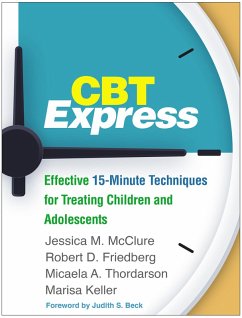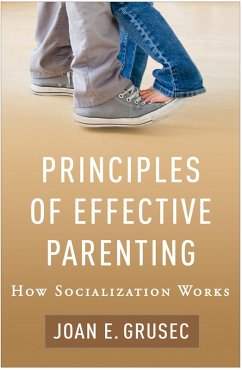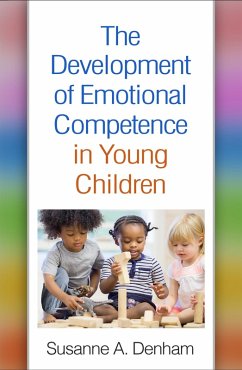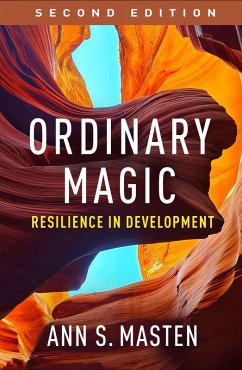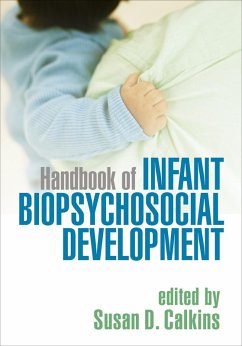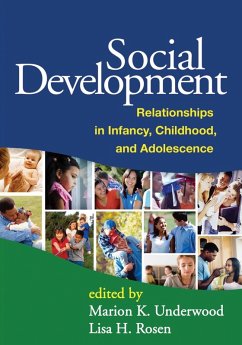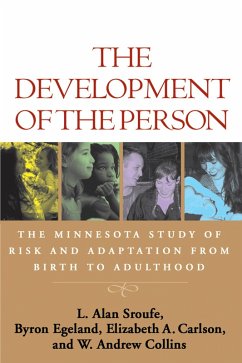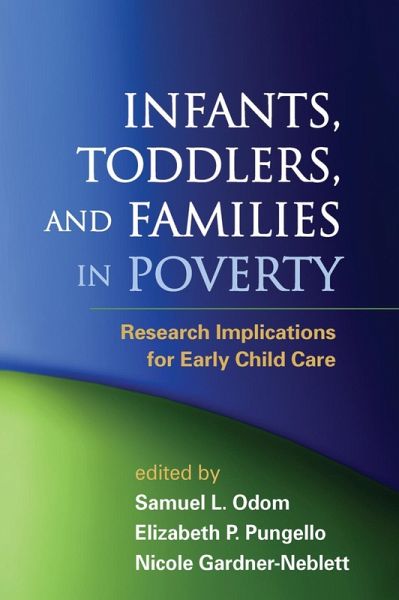
Infants, Toddlers, and Families in Poverty (eBook, ePUB)
Research Implications for Early Child Care
Redaktion: Odom, Samuel L.; Gardner-Neblett, Nicole; Pungello, Elizabeth P.
Versandkostenfrei!
Sofort per Download lieferbar
53,95 €
inkl. MwSt.
Weitere Ausgaben:

PAYBACK Punkte
27 °P sammeln!
Identifying factors related to poverty that affect infants, toddlers, and their families, this book describes promising early child care and intervention practices specifically tailored to these children and families' needs. Leading authorities from multiple disciplines present cutting-edge research and discuss the implications for practice and policy. Contributors review salient findings on attention, memory, language, self-regulation, attachment, physical health, family processes, and culture. The book considers the strengths and limitations of existing early intervention services for divers...
Identifying factors related to poverty that affect infants, toddlers, and their families, this book describes promising early child care and intervention practices specifically tailored to these children and families' needs. Leading authorities from multiple disciplines present cutting-edge research and discuss the implications for practice and policy. Contributors review salient findings on attention, memory, language, self-regulation, attachment, physical health, family processes, and culture. The book considers the strengths and limitations of existing early intervention services for diverse populations and explores workable ways to improve them.
Dieser Download kann aus rechtlichen Gründen nur mit Rechnungsadresse in A, D ausgeliefert werden.
Alle Preise in Euro und inkl. der gesetzl. MwSt. | Innerhalb Deutschlands liefern wir preisgebundene Bücher versandkostenfrei. Weitere Informationen: bitte hier klicken
Support
Bitte wähle dein Anliegen aus:
Rechnungen
Bestellstatus
Retourenschein
Storno




